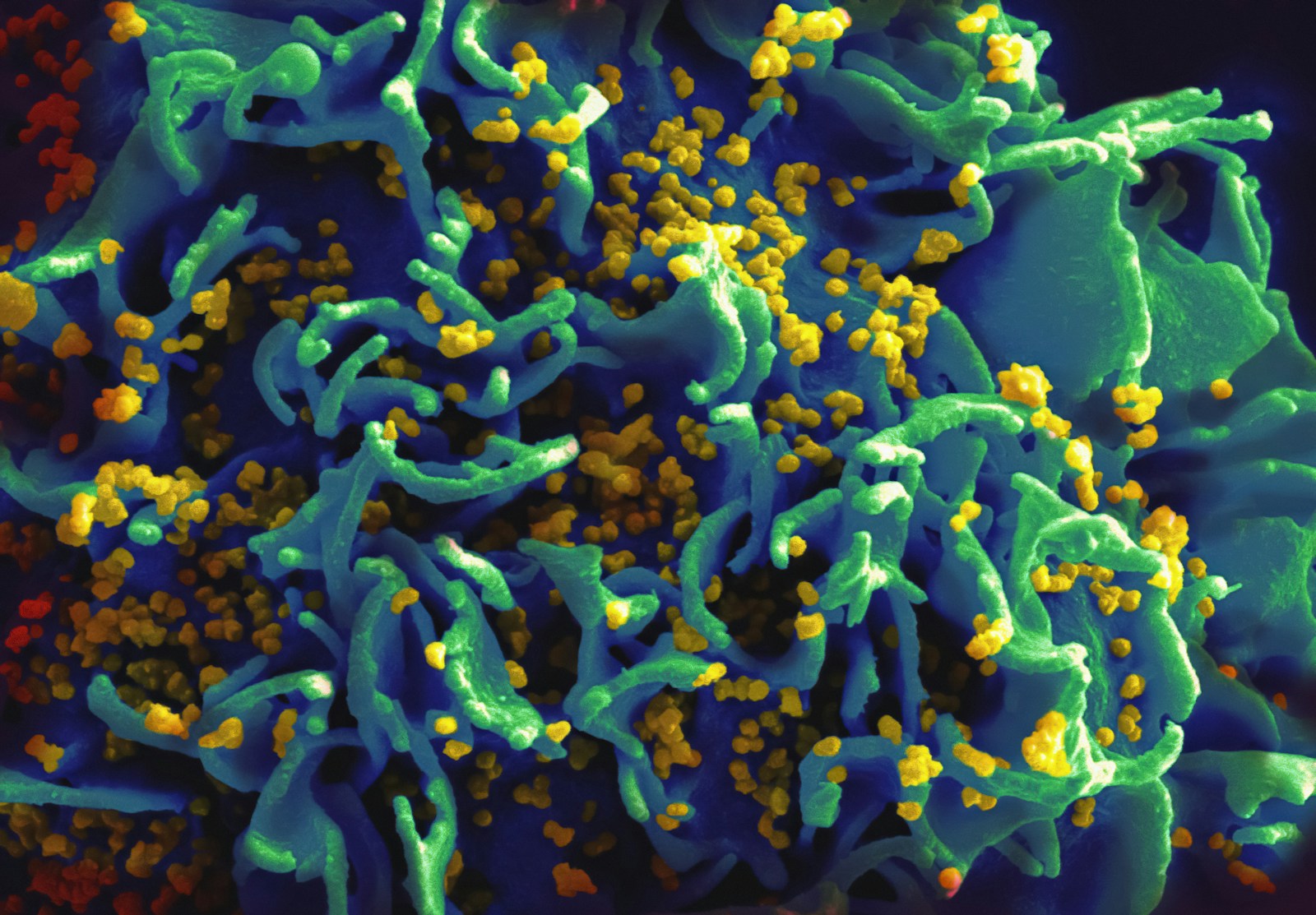Table of Contents
ToggleIntroduction
Climate change is one of the most pressing issues facing our planet today. The effects of global warming are already being felt around the world, from rising sea levels to more frequent and severe weather events. One of the most significant impacts of climate change is its effect on food production. As temperatures rise and weather patterns become more unpredictable, food shortages are becoming more common. In this article, we will explore how climate change might contribute to a food shortage and what can be done to mitigate its effects.
The Impact of Climate Change on Agriculture
Climate change is having a significant impact on agriculture around the world. Rising temperatures and changing weather patterns are making it more difficult to grow crops in many regions. Droughts, floods, and extreme weather events are becoming more common, leading to crop failures and reduced yields. In addition, pests and diseases that were once confined to specific regions are now spreading to new areas, further reducing crop yields.
The Effect of Climate Change on Food Prices
As food production becomes more difficult, food prices are likely to rise. This is because the supply of food will be reduced, while demand remains constant or even increases. In addition, the cost of producing food is likely to increase as farmers are forced to adopt new practices to adapt to changing weather patterns. This will further increase the cost of food, making it more difficult for people to afford it.
The Impact of Climate Change on Food Security
Food security is defined as the state of having reliable access to a sufficient quantity of affordable, nutritious food. Climate change is a significant threat to food security around the world. As food production becomes more difficult, food shortages are becoming more common. This can lead to malnutrition, hunger, and even famine in some regions. In addition, food shortages can lead to social unrest and political instability, further exacerbating the problem.
The Role of Agriculture in Mitigating Climate Change
Agriculture is both a contributor to and a victim of climate change. However, it also has the potential to play a significant role in mitigating its effects. By adopting sustainable farming practices, farmers can reduce their carbon footprint and help to slow the pace of global warming. In addition, sustainable farming practices can help to make agriculture more resilient to the effects of climate change, reducing the risk of crop failures and food shortages.
Conclusion
Climate change is a significant threat to food security around the world. Rising temperatures and changing weather patterns are making it more difficult to grow crops in many regions, leading to food shortages and rising food prices. However, agriculture also has the potential to play a significant role in mitigating the effects of climate change. By adopting sustainable farming practices, farmers can help to reduce their carbon footprint and make agriculture more resilient to the effects of climate change.
FAQs
- What is climate change? Climate change refers to the long-term changes in the Earth’s climate, including changes in temperature, precipitation, and weather patterns.
- How does climate change affect food production? Climate change is making it more difficult to grow crops in many regions due to rising temperatures, changing weather patterns, and the spread of pests and diseases.
- What is food security? Food security is the state of having reliable access to a sufficient quantity of affordable, nutritious food.
- How can agriculture help to mitigate the effects of climate change? By adopting sustainable farming practices, farmers can help to reduce their carbon footprint and make agriculture more resilient to the effects of climate change.
- What can be done to address the threat of food shortages due to climate change? To address the threat of food shortages due to climate change, it is important to reduce greenhouse gas emissions, promote sustainable farming practices, and invest in research to develop new technologies and crops that are more resilient to the effects of climate change.







